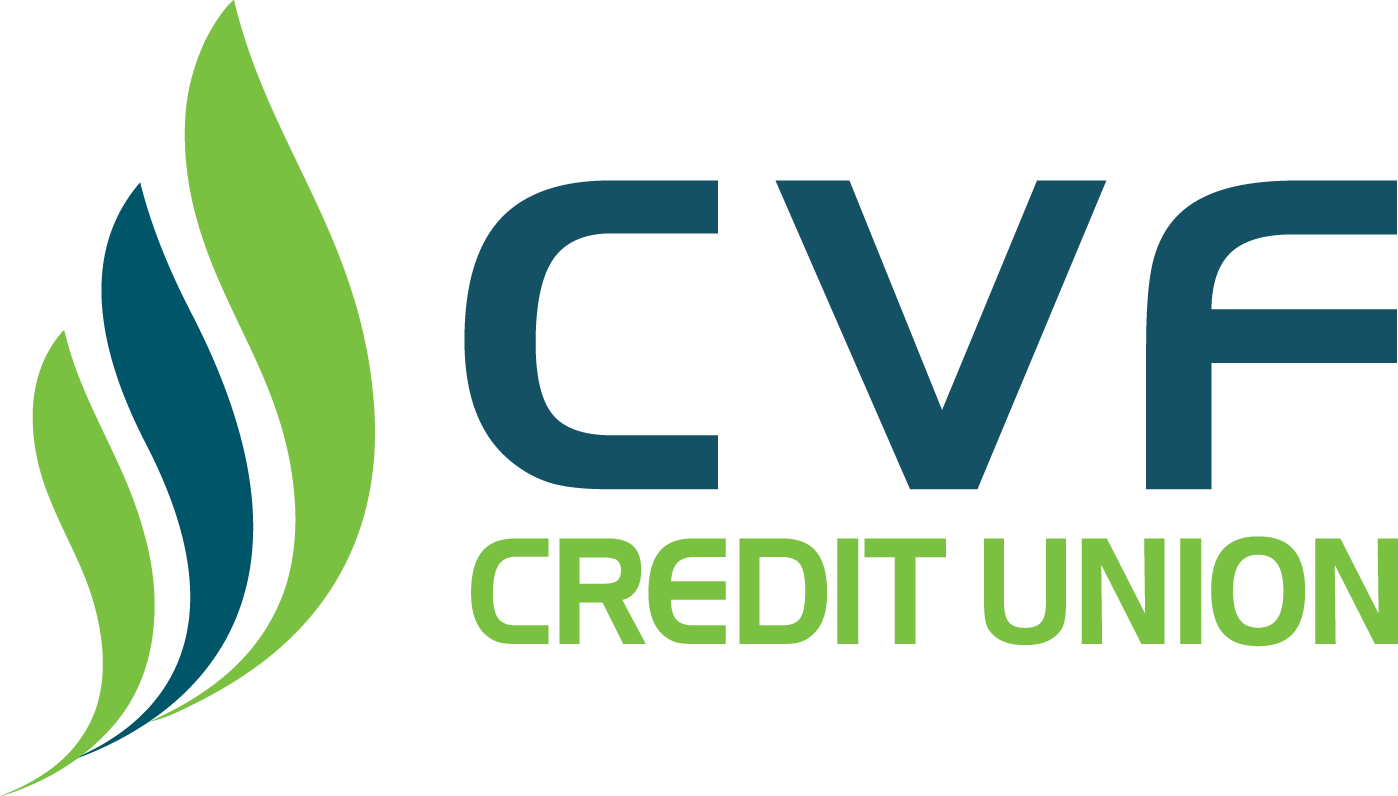
Breaking Down Co-Authorization and Co-Signing
As you are reading the title of this blog, you may be thinking to yourself: co-what?!
While not complicated concepts, many young people are not familiar with the concepts of co-authorization and co-signing. Let’s start from the beginning.
Financial responsibility and financial freedom are typically two separate ideas for college students and millennials alike. The majority of us depend on our parents for some sort of financial assistance in paying our bills or earing credit. Co-authorization and co-signing are two crucial concepts tied to financial responsibility, but they are distinct ideas and processes.
Let’s begin to break down co-authorization. Co-authorization is process that is quite simple, and has a variety of uses, but the main one I would like to describe is it’s link to your college tuition bills.
The purpose of co-authorization is to give another person—typically a parent—access to your e-billing system and bursar account.
Make sure to enable co-authorization before you arrive on campus if your parents are financially assisting you. Several universities require payments to be submitted the first of the month, so the last thing you want to deal with is trying to merge accounts or create a new account for your parent during your first week of college.
Co-signing is a process that is completely different from co-authorization, but it also requires a parent. Imagine this—you are a high school graduate heading off to college in the fall. You want to get your own credit card, but due to your age, you haven’t earned your own credit. For this reason, a lender has a tendency to view you as a liability.
This doesn’t mean that no one will give you a credit card; it simply means a lender will likely require mom or dad to sign on with you as a form of security.
Co-signing also indicates significant financial responsibility. If your parents agree to co-sign, they are putting themselves at risk. Now, this isn’t to say that your parents shouldn’t sign on. It just means that if you make reckless purchases that you can’t afford or do not pay your bills on time, your parents will face repercussions as well. The process of co-signing signifies that your parents are willing to take on this financial responsibility, but if you destroy your own credit, you will also hurt their credit—credit that they have spent years building.
Though not exclusive to college, both co-authorization and co-signing are two instrumental practices and processes. Their simplicity allows them to be overlooked at times, so make sure to make them a priority before it is too late.



